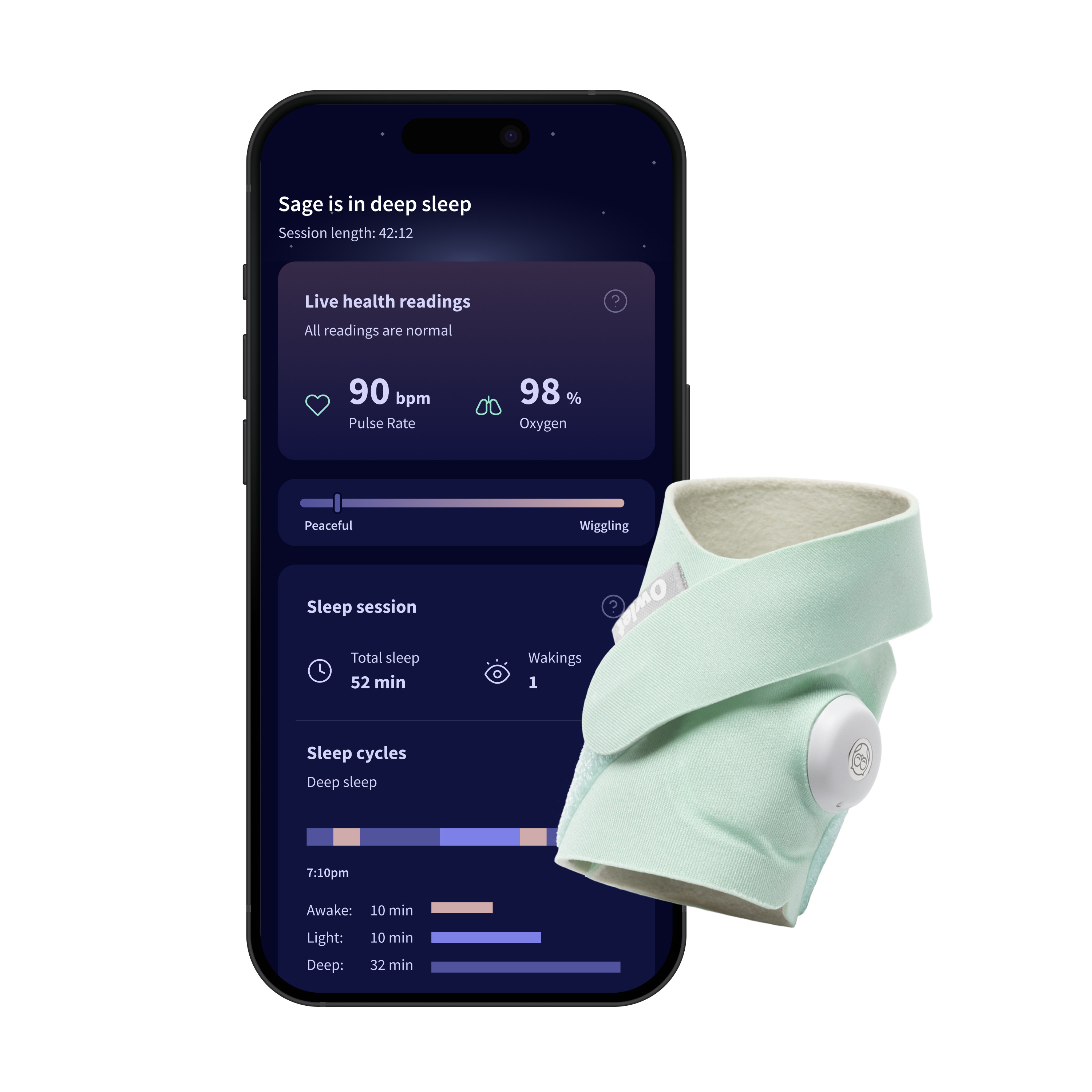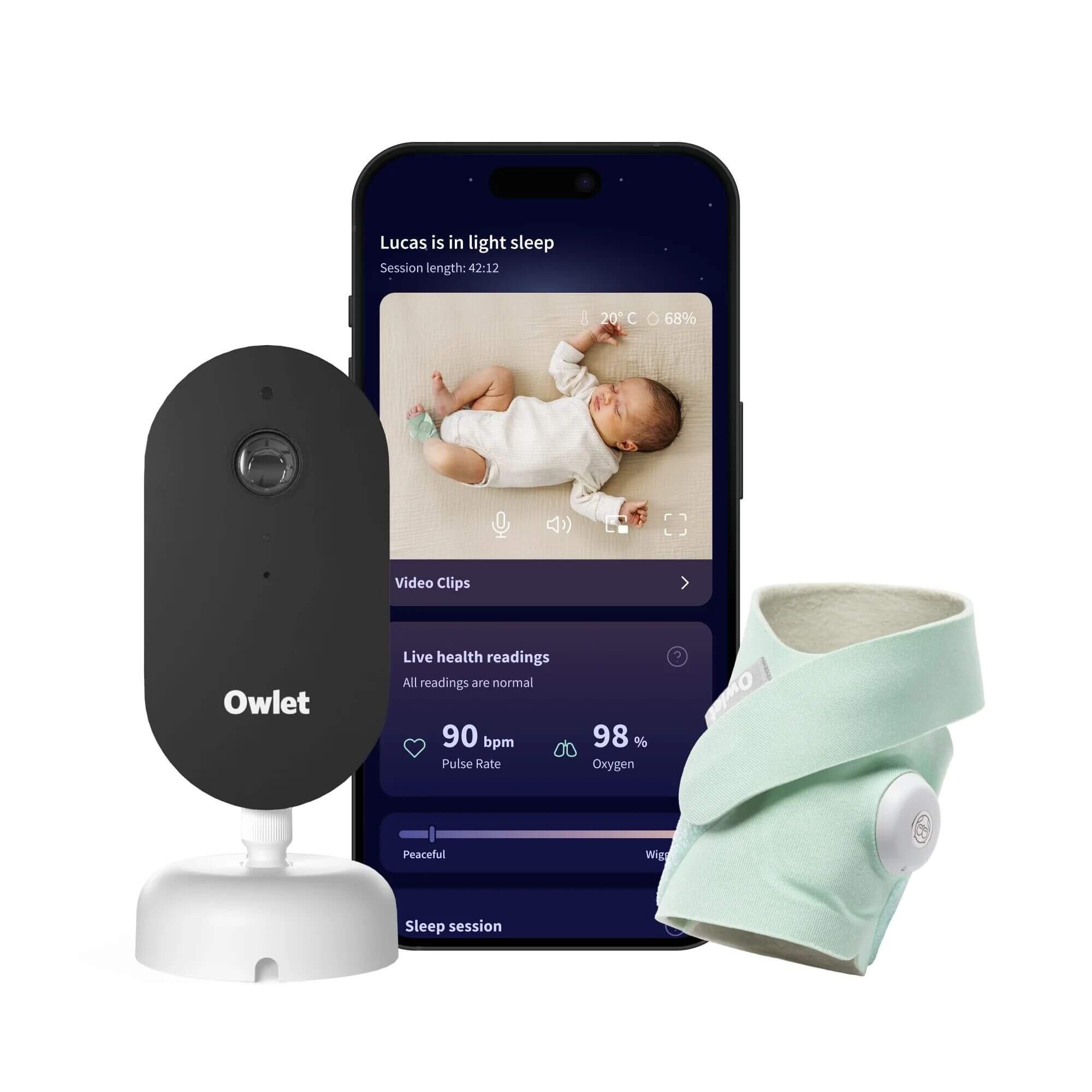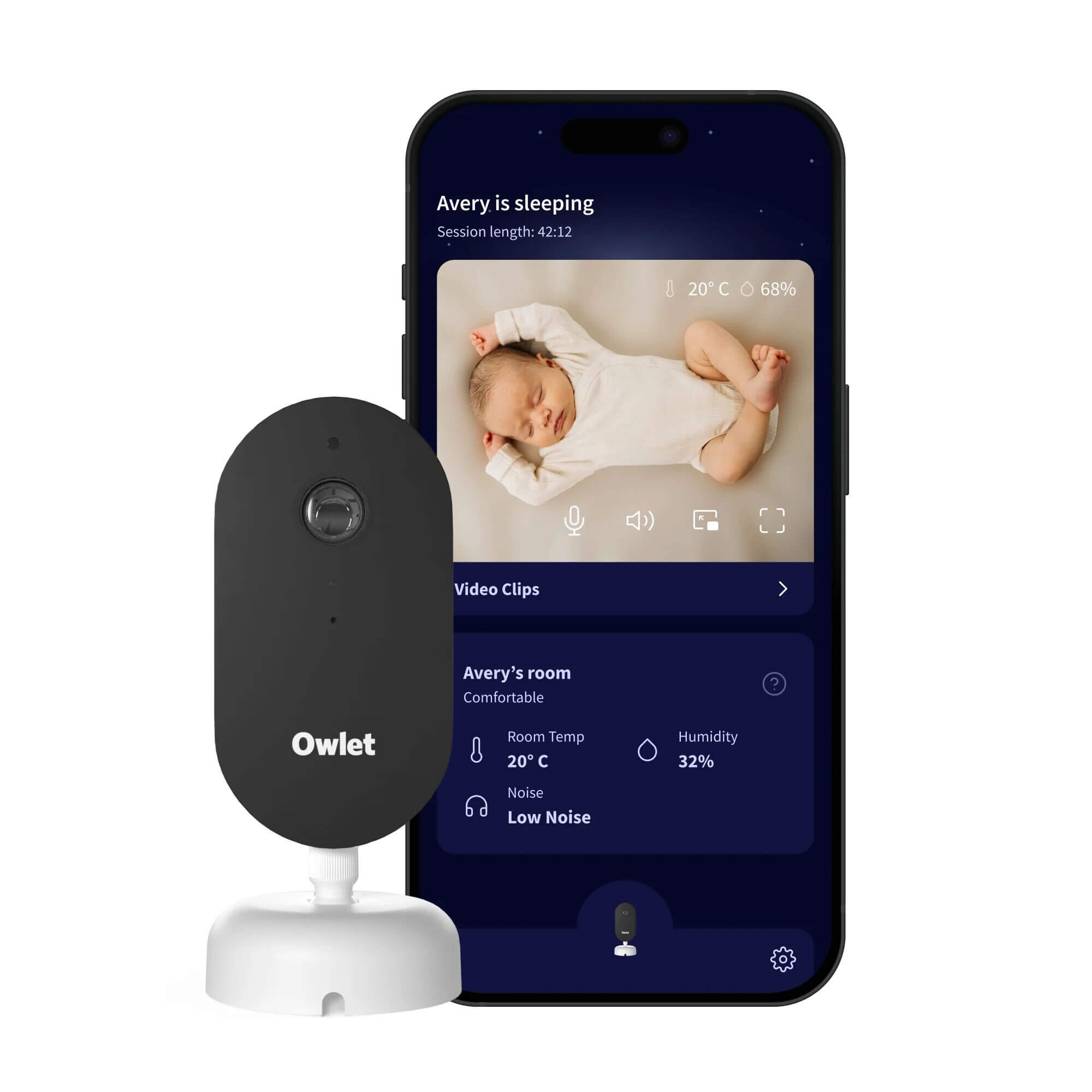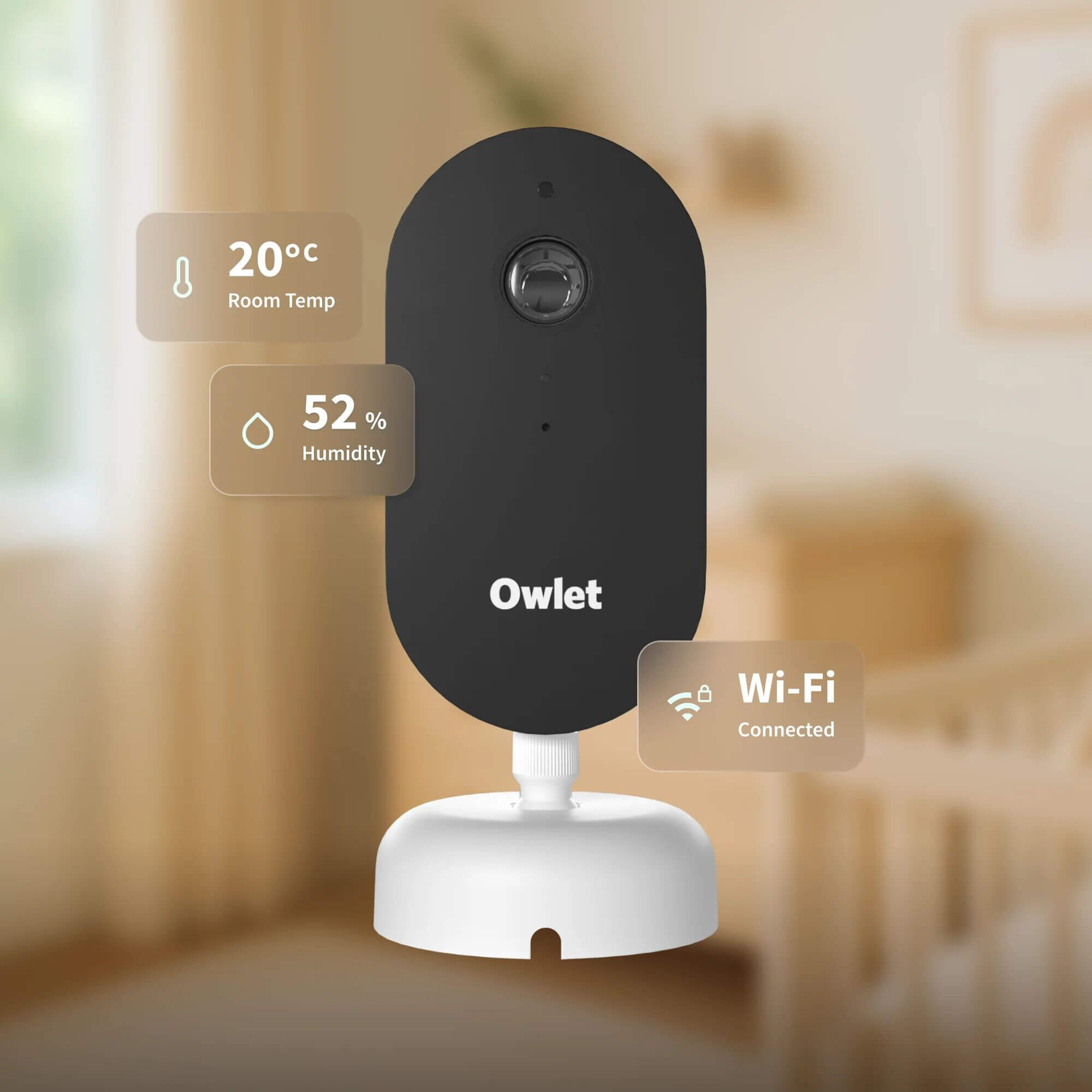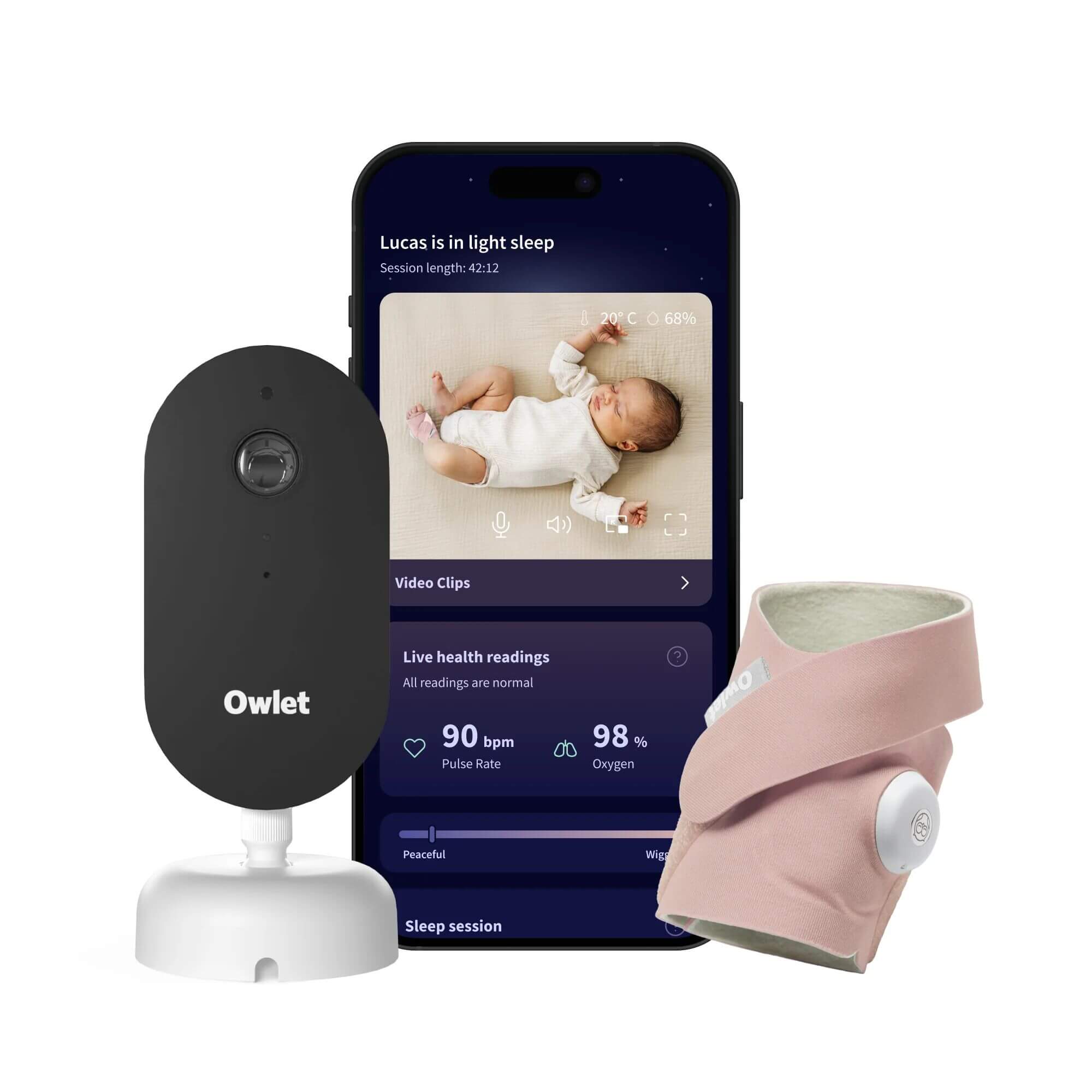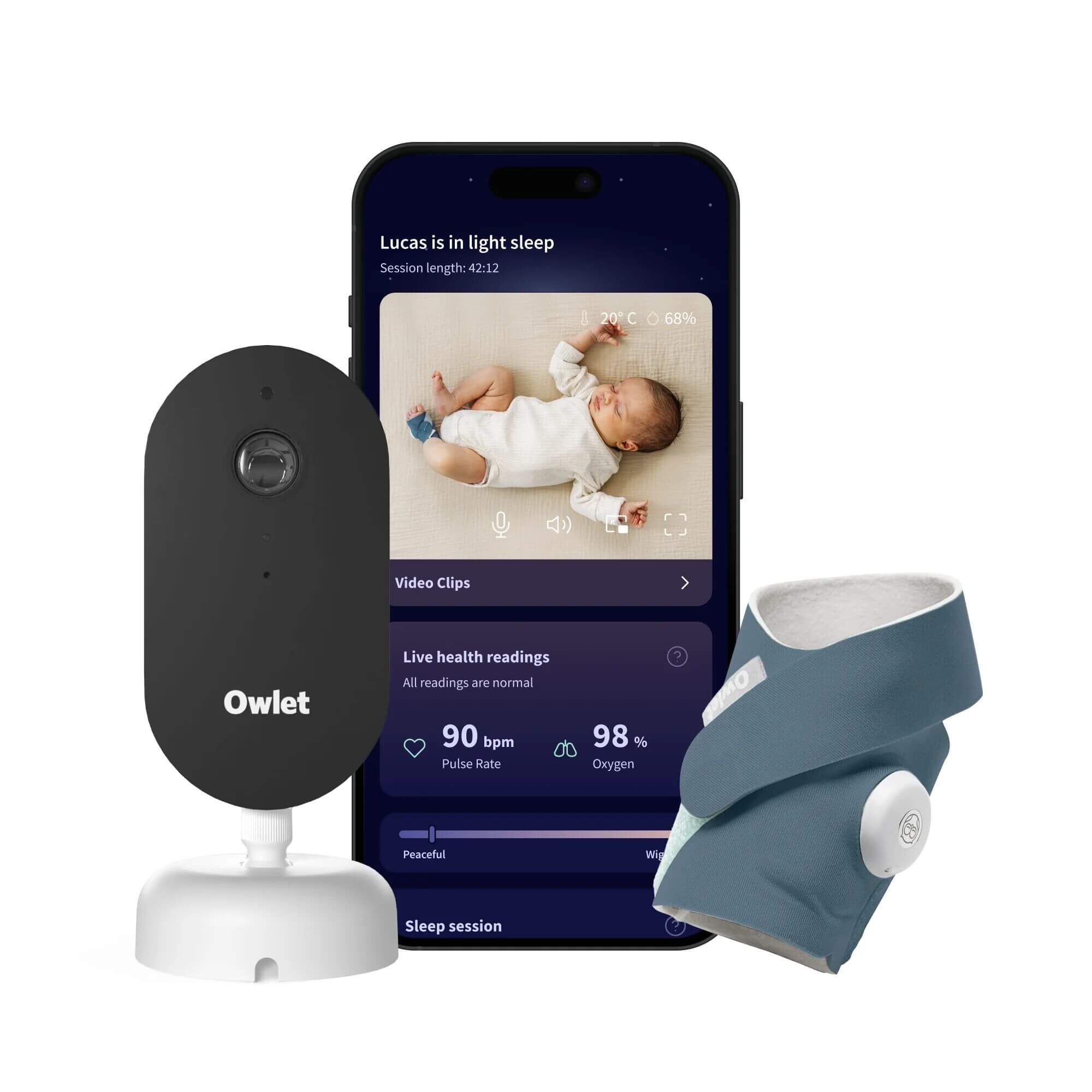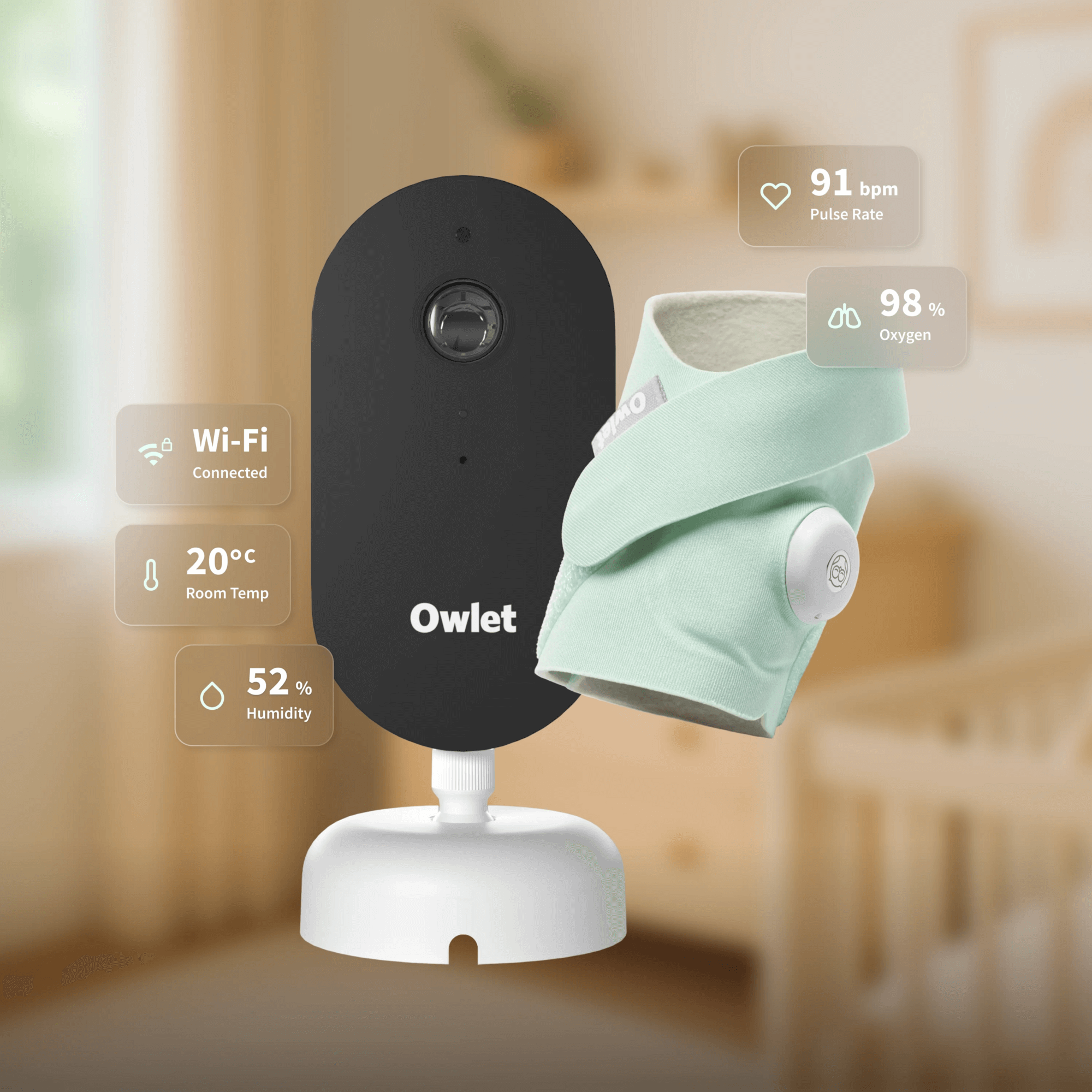How Can You Manage Sleep Deprivation While Raising a Baby?

Parenthood is a truly life-changing journey which brings much joy and happiness, but it’s no secret that raising a baby comes with its fair share of challenges. One of the most daunting being sleep deprivation. Late night feedings, endless hours trying to get baby to sleep, and the anxiety of ensuring your baby’s safety equals disrupted sleep. That lack of sleep can take a toll on your physical, emotional, and mental well-being.
My Personal Experience
During the early years of my daughter’s life, sleep deprivation was an unrelenting companion. She struggled to sleep through the night, and her separation anxiety left both of us unable to truly rest. Night after night, we stood vigil by her cot, anxiously checking to ensure she was breathing, consumed by the fear of what might happen if we didn’t. It became an exhausting cycle of worry. Interestingly, research shows that 86% of parents get out of bed up to eight times a night to check on their baby so not a lot has changed over the years. Parents are still suffering from a lack of sleep caused by anxiety and worrying about their newborn.
Back then for my husband and I, there was nothing quite like Dream Sock® - a device that could have provided us with the peace of mind we so desperately wanted and would have allowed us to get the rest we desperately needed. Knowing her vitals were being monitored would have lifted such a weight from our shoulders.
Parenthood brings immeasurable love, but it also brings challenges we rarely discuss. And for so many parents, sleep deprivation is one of the hardest. Thankfully, innovations today can offer the support we only ever dreamed of back then.
Exhaustion, Anxiety, & Parents' Mental Health
Did you know that 61% of new parents report exhaustion as their most common emotion? And it’s no wonder - caring for a newborn often feels like a 24/7 responsibility. Add to that, is the fact that 54% of parents believe more sleep would significantly benefit their mental health, and the critical role of rest and how important it is becomes crystal clear.
Exhaustion doesn’t just sap your energy; it amplifies stress and anxiety, making it harder to respond calmly to daily parenting challenges. Persistent sleep deprivation can also lead to postpartum depression, strained relationships, and a feeling of being overwhelmed (Source).

What is Sleep Deprivation?
Sleep deprivation occurs when you aren’t sleeping enough or aren’t getting good quality sleep. According to the Cleveland Clinic, it can lead to severe and disruptive symptoms that interfere with even the most routine activities. When it becomes long-term, sleep deprivation can worsen major health conditions, affecting both your physical and mental well-being. The good news is that this condition is usually treatable with the right strategies and support.
For parents, especially those with newborns, sleep deprivation is a harsh reality - something I experienced firsthand during my daughter’s early years. The combination of irregular sleep schedules, constant worry, and the physical demands of caring for a baby often makes it difficult to get the restorative sleep you need. Over time, it can take a toll on your ability to function, highlighting just how crucial it is to address and manage the challenges of sleep deprivation.
For new parents, the causes of sleep deprivation are varied and painfully familiar:
- Disrupted sleep schedules: Newborns often wake every 2-3 hours, and my daughter was no exception. She never settled into a regular pattern, leaving my husband and me running on empty.
- Anxiety and hyper-vigilance: I was constantly standing over her cot, checking to see if she was breathing. It felt impossible to let my guard down, even for a moment.
- Physical demands: Feeding, changing, and soothing her at all hours of the night became an exhausting routine that left me feeling like I was barely holding it together.
The NHS warns that lack of sleep can lead to serious health consequences if ignored - a truth I know too well. The toll it takes isn’t just physical; it’s emotional and mental, leaving you feeling vulnerable and overwhelmed.
Symptoms of Sleep Deficiency
It’s worth remembering that sleep deficiency isn’t just about feeling tired - it can affect every part of your life in ways you might not expect:
- Fatigue: I remember feeling the kind of deep exhaustion that no nap or quick rest could fix. It was like living in a fog I couldn’t shake.
- Irritability: There were moments when the smallest things would set me off - an undone chore or a cry from my daughter that felt louder than it was. I struggled to keep my emotions in check, and I didn’t always succeed.
- Memory issues: I’d walk into a room and forget why I was there or lose track of conversations mid-sentence. The mental exhaustion was just as draining as the physical.
- Weakened immunity: I seemed to catch every bug going around. My body was run down, and without enough rest, I had no chance to recover properly.
Acknowledging these challenges and understanding the root causes of sleep deprivation is the first step toward managing it. While I didn’t have the resources back then to help, knowing what I know now, I can see how important it is for parents to take proactive steps - not only for their baby’s well-being but for their own.
Please remember that you don’t have to face these challenges alone. Reaching out for help, whether it’s from your partner, family, or friends, can make a world of difference. Sharing nighttime duties, asking someone to watch the baby for a few hours so you can rest, or even just talking about how you’re feeling can help lighten the load.
There are also tools and strategies that can support you, from creating a calming bedtime routine to exploring products like Dream Sock® that provide peace of mind. And remember to seek guidance from healthcare professionals if sleep deprivation feels overwhelming; they can offer tailored support, advice and reassurance.
Managing Sleep Debt
I’ll be honest - during my daughter’s early years, managing sleep debt felt like an impossible task. Sleep debt is the cumulative effect of not getting enough rest over time. At first, missing a few hours here and there didn’t seem like a big deal, but it added up quickly. Before I knew it, I was running on empty, drained and barely able to function.
Looking back, here are a few things I wish I had known or embraced sooner to help manage sleep debt:
- Seek support where you can: If you have a partner, try to share nighttime duties, even if it’s just alternating nights. If you’re a single parent, consider leaning on a trusted friend or family member to help with nighttime feeds or childcare, even if just occasionally. Every bit of shared responsibility can make a world of difference.
- Prioritise naps: There were days when I told myself there was too much to do to rest. But even a short 20-minute nap during the day would have given me the energy to keep going.
- Set a bedtime routine: Babies thrive on consistency, and it turns out, so do parents. Establishing a calming bedtime routine helped us both get to sleep more easily.
- Accept help: I struggled with this one. I felt like I had to do it all, but leaning on friends or family for support isn’t just okay - it’s necessary and often they are just waiting to be asked.
Small, consistent changes can make a big difference. Looking back, I wish I had been kinder to myself, acknowledged my limits, and allowed others to step in and give me some help, even if only a little bit. It’s not just about getting more sleep - it’s about restoring balance to your life so you can be the best version of yourself for your baby.
Smart Solutions for Better Sleep
Modern parenting tools are transforming how parents and caregivers care for our little ones, and the Dream Sock® is a perfect example. This smart baby monitor is designed to give parents peace of mind, helping you focus on quality rest while ensuring your baby is sleeping soundly.
How Dream Sock® Can Help:
- Tracks sleep trends: Monitor your baby’s sleep patterns, pulse rate, and oxygen levels.
- Predictive sleep technology: Receive notifications about the best times to put your baby down for a nap, helping you establish a more predictable routine.
- Peace of mind: With real-time alerts, you can sleep easier knowing your baby is being monitored.
Pairing Dream Sock® with Owlet Cam® 2 takes things a step further, offering high-definition video monitoring so you can always keep an eye on your baby. These tools empower parents to manage sleepless nights more effectively.
Looking back, I can’t help but think about how different our nights could have been with tools like Dream Sock® or Dream Duo ™. These products are truly game changers, offering the kind of peace of mind we desperately needed. They help establish healthier sleep routines for both you and your baby, letting you focus more on cherishing those precious moments and less on constant worry.
While there’s no magic fix for sleepless nights, recognising the challenges, sharing duties, asking friends and families for help, and leveraging smart tools like these can make the journey a little smoother - and so much more restful.
Author: Leonie Hayward, mum and marketing director.
